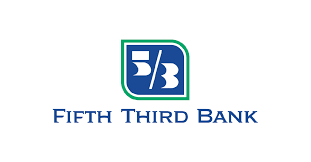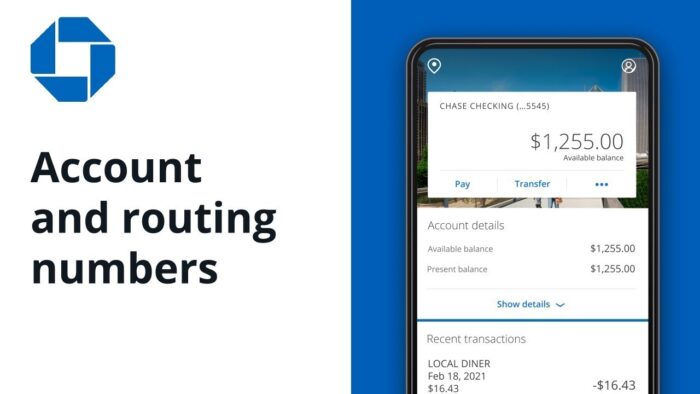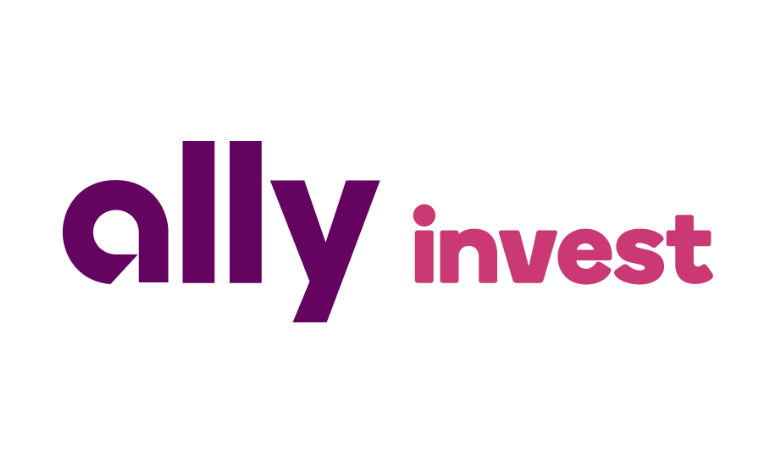Why The First $100000 Is So Hard, And What Getting Here Looks Like Step By Step
Making my first $100,000 has been a huge goal of mine for some time now. Not counting the value of my automobile, I am creeping up further and further towards this, as this is the point where you have enough momentum, enough defense and offense to relax if something happens, but also enough money to really scale up your assets from here and hit $1,000,000.00. Before you have $100,000, every single $100 or $1,000 increment that you can put away is MASSIVE towards spiraling you up the dominance hierarchy in a major way. When you have $100,000, you have money to invest into your business, you have money to invest and get market exposure on, you can get additional savings account interest by putting into long term bonds or CDs, and you are more relaxed overall if an emergency happens. Up to this point, your net worth grows slowly, it seems it is more difficult to go from $30,000 to $50,000, then it is to go from say $100,000 to $150,000. Here is what the path to $100,000 looks like.
Getting your First $1,000
 Getting your first $1,000 in savings is no mean feat. It is very difficult to get $1,000 saved at the lowest levels, when you have a low income or when you are at $0.00. Get your first $1,000 in liquid savings and get on the board.
Getting your first $1,000 in savings is no mean feat. It is very difficult to get $1,000 saved at the lowest levels, when you have a low income or when you are at $0.00. Get your first $1,000 in liquid savings and get on the board.
Getting your First $5,000
Hitting $5,000 should be fairly easy from here depending on your income and your expenses. I would still keep your assets in cash up to this point. With no debt a 9 to 5 can get you here within a few months.
Getting Your First $10,000
$10,000 is a little harder, but I was able to put this away while living with roommates, because I had no debt, within about the first 6 months into a 9 to 5 job.
Your First $20,000
$20,000 can take up to a year, which is how long it took me while living with roommates with a 9 to 5 job. This is a serious accomplishment, but you should still keep your assets liquid at this point. With $20,000, you can have a fully funded emergency fund in almost any financial situation, provided you have no debt.
$30,000
$30,000 can be either a more cushioned liquid emergency fund, which is about what I’m doing, or it can be a combination of 401K contributions and investments alongside cash.
$40,000
Once you hit this much money, provided you have a relatively stable income, I would start hitting the 401K with everything you’ve got, it will spiral your net worth up in a significant way. Not only will you get an employer match but also you will get market appreciation, a tax write off, and tax deferred or tax free growth on your income. All of this combined can really jack up your net worth. Aim to put 10% to 20% of your income into the 401K in order to get some funds into the market.
$50,000
At this point you are looking at a combination of cash, probably a $30,000 fully funded emergency fund, maybe $10,000 in your 401K and another $10,000 in a non tax advantaged brokerage account that pays you dividends. At this point you should have your income, as well as assets, as well as say $300+ per year in interest income, and another $300+ per year in dividends on your stock portfolio. Add in market appreciation on your 401K account to all this and you’ve got some passive income sources compounding with your active income sources.
$60,000
Same deal, you can go from $50,000 to $60,000 extremely fast with this type of strategy. On an average income of say $60,000 per year, you can easily hit $14,000 per year with a 15% 401K contribution, with additional interest and market appreciation on your stocks. The compounding effect is starting from here.
$70,000
At this point your 401K, investment interest, increasing salary each year, dividends and savings account interest are really starting to add up. You can even throw your dividends and interest into your 401K to get additional tax deferrals and an employer match at this point to spiral yourself up to $80,000 even faster. Within say 4 years you can go from 0 to $100,000 with a modest 9 to 5 job and living with roommates.
$80,000
Keep hitting the 401K and you will surpass this.
$90,000
Almost there at this point. Really here you have the option of putting a down payment on a house with your 401K and IRA’s, or with some of your investments or cash. Or you can really spiral up your net worth and keep living modestly and have way more money, investment appreciation and dividend interest before doing this, which is what I would recommend.
$100,000, The Golden Ticket to Success
Congratulations. When I hit my first $100,000, which I am hoping is in about another 18 months or so, I hope my allocation is something like $60,000 in cash, $20,000 in a brokerage account that pays me dividends, and another $20,000 or so in my 401K. From here, I will go super aggressive, provided the job looks good, and will put a ton of money into my 401K, maxing out them and a Roth IRA. This is the goal, and while it could very well be a pipe dream, this is the well beaten path towards becoming a millionaire with the magic of market appreciation, no debt, and retirement accounts.
Final Thoughts On Why The First $100000 Is So Hard
The above outlines exactly why the first $100,000 is so hard to earn. It is a huge accomplishment to get to a net worth of $100,000, and is definitely possible with proper financial management, and with some grit and discipline. For more details and information on all things finance, read on or subscribe to our blog for additional details and information. Till next time, you heard it first on Inflation Hedging.com.
Cheers!
*Inflation Hedging.com
Sources:
https://www.bankrate.com/banking/cds/cd-rates/
https://money.cnn.com/data/markets/
Disclaimer: The opinions and documentation contained within this article and on this blog are the sole property of inflationhedging.com and are not to be copyrighted or reproduced in any manner, else legal action within the rights of the United States legal code could be use to obtain recompense. All articles and blog posts are the sole opinions of the writers of the blog, and are not necessarily in line with what exactly will work for you, you should consult a CPA, Tax Professional, or Financial Professional to determine what exact financial needs are in line with your interests. Also, from time to time, certain links on this website will be used to generate affiliate commissions, in order to support the health and growth of our website, health and business.










[…] Previous How High Can Bitcoin Go? Why I Say $1,000,000 Is The Price Ceiling […]